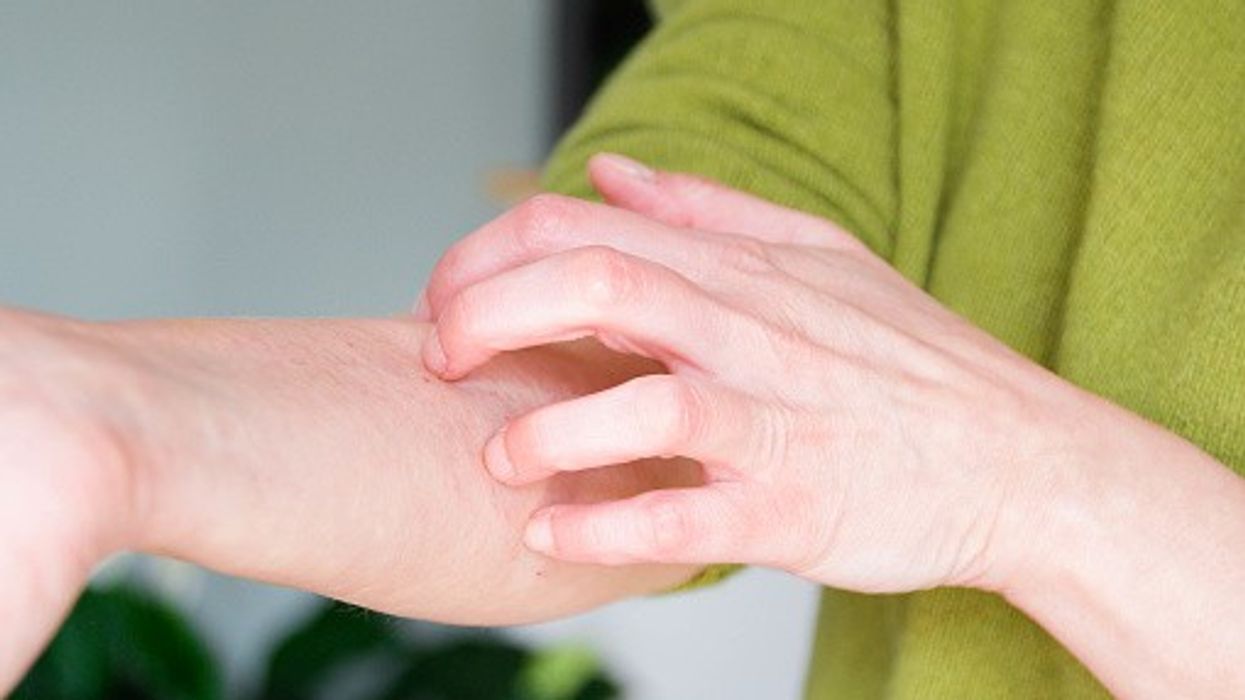The new treatment is intended for patients with moderate to severe chronic hand eczema for whom topical corticosteroids are inadequate or inappropriate.
The Medicines and Healthcare Products Regulatory Agency (MHRA) has approved delgocitinib cream for treating adult patients with moderate to severe chronic hand eczema (CHE) in Great Britain.
Manufactured by LEO Pharma, a global leader in medical dermatology, the treatment will be marketed under the brand name ‘Anzupgo’. This approval follows previous authorisations in the European Union and Switzerland.
Delgocitinib cream is the first approved topical pan-Janus kinase (JAK) inhibitor designed specifically for patients who have not responded to, or cannot use, topical corticosteroids.
“Today’s MHRA approval of delgocitinib cream marks a significant milestone for adults in Great Britain living with moderate to severe chronic hand eczema,” said Leanne Walsh, vice president and general manager, LEO Pharma UK and Ireland.
“This approval offers a new treatment paradigm and demonstrates our commitment to addressing the unmet needs of people living with skin conditions,” she added.
Understanding Chronic Hand Eczema (CHE)
CHE is defined as hand eczema lasting that lasts for more than three months or relapses twice or more often per year. It is a heterogeneous, fluctuating inflammatory skin disease affecting the hands and wrists, causing symptoms such as:
- Itching and pain
- Erythema (redness)
- Scaling and lichenification (thickening of the skin)
- Hyperkeratosis (thickened outer skin layer)
- Vesicles (small blisters)
- Edema (swelling)
- Fissures (cracks
The condition affects approximately 4.7 per cent of the population and significantly impacts quality of life.
Prof. Richard Warren, consultant dermatologist at Northern Care Alliance NHS Foundation Trust and The University of Manchester, highlighted the severity of CHE:
“The physical symptoms of chronic hand eczema can be debilitating, substantially disrupting patients' lives. Additionally, patients report that the disease can profoundly affect their mental well-being, relationships, and daily activities.”
How the delgocitinib cream works
Delgocitinib cream inhibits the activation of JAK-STAT signalling, which plays a key role in the pathogenesis of CHE.
The disease is characterized by skin barrier dysfunction, inflammation, and alterations in the skin microbiome.
The MHRA’s approval was based on successful clinical trials demonstrating the cream’s safety and efficacy compared to a placebo vehicle cream.
Prof. Anthony Bewley, Consultant Dermatologist at Barts Health NHS Trust, described CHE as a ‘debilitating condition’ as this can affect “patients' ability to work but also to interact with family and loved ones.”
“CHE is so much more than a difficult skin disease, as research has shown that living with CHE can have an impact on patients' psychological well-being, and can lead to anxiety, depression, or both,” he said, and welcomed the development of the new treatment.
LEO Pharma is collaborating with NICE to make delgocitinib cream available on the NHS.













